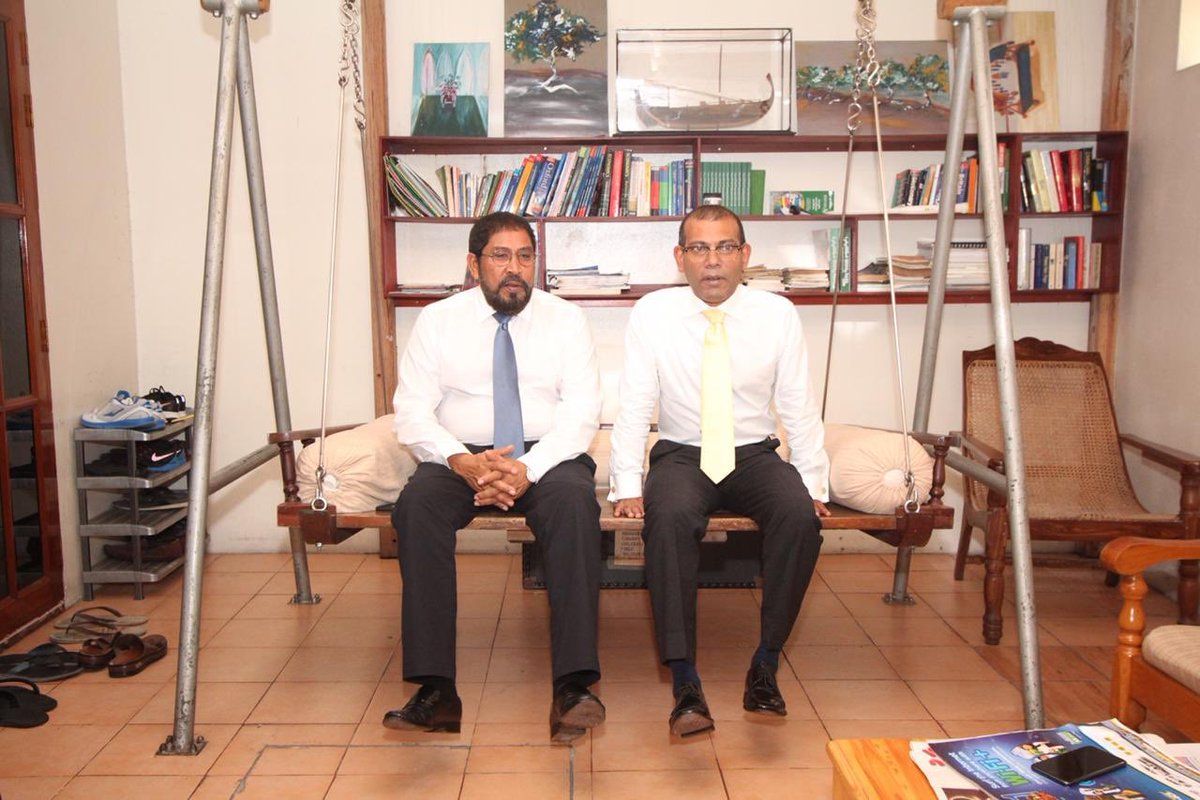Coalition leaders exchange barbs as campaign enters final stretch
Millionaire lawmakers won’t accept bribes, JP leader Gasim suggested.

24 Mar 2019, 09:00
Leaders of the Maldivian Democratic Party and coalition partner Jumhooree Party exchanged barbs over the weekend as the campaign for the April 6 parliamentary elections entered its final stretch.
The two main parties in the ruling coalition are competing against each other after the MDP decided to field candidates in all 87 constituencies. After accusing the MDP of reneging on an agreement to divide seats among the four coalition parties, the JP made a deal with the opposition to back each other’s candidates in most constituencies.
On Friday, JP leader Gasim Ibrahim stirred controversy with an appeal to elect “millionaires” to parliament.
Gasim, one of the richest men in the country, suggested that wealthy lawmakers would be less likely to accept bribes.
Become a member
Get full access to our archive and personalise your experience.
Already a member?
Discussion
No comments yet. Be the first to share your thoughts!
No comments yet. Be the first to join the conversation!
Join the Conversation
Sign in to share your thoughts under an alias and take part in the discussion. Independent journalism thrives on open, respectful debate — your voice matters.




